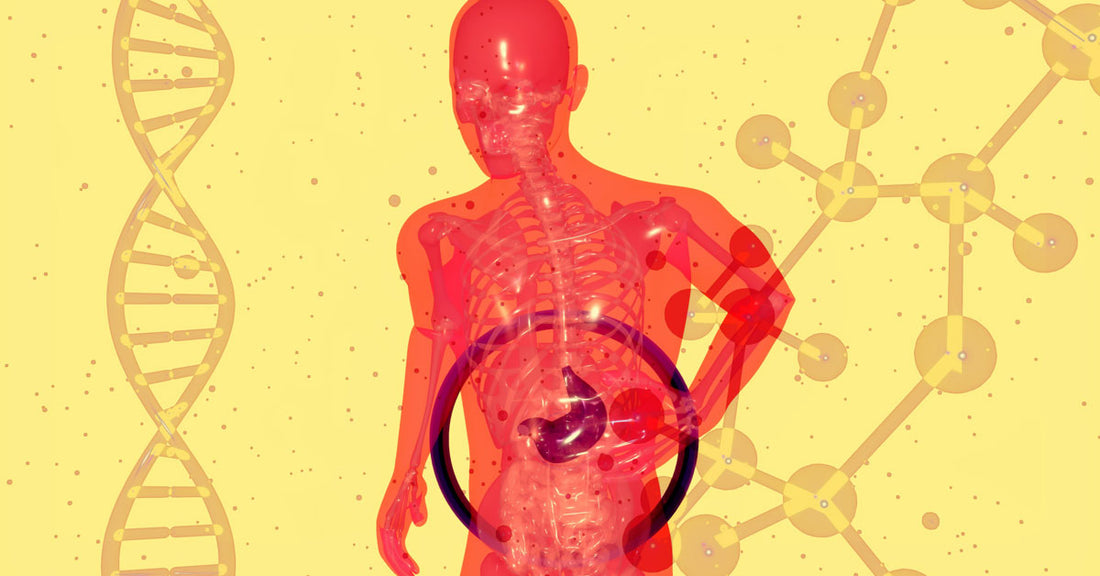Right now, your gut and brain are having a silent conversation, and whether it’s going well or heading south in the worst way is almost entirely up to you. Eating healthy foods will only get you halfway to a balanced dialogue, however. If you want your brain and gut to get along on a regular basis, you’ll have to be nice to both of them.
“I tried every diet. I tried every supplement, and I did the full naturopathic treatment,” says functional and naturopathic medical doctor Mary Pardee. “It wasn’t until I addressed the mental health piece that I saw my own GI issues really turn around.”
The Mind-Gut Connection
The environment of tiny organisms living in the gut, or microbiota, and the brain communicate through a number of interactions called the gut-brain axis. The main road of this axis is the vagus nerve, which transmits information from inside the gut to the central nervous system. Chemical messengers from the gut like neuropeptides also talk to the brain.
“Our gut microbiome produces neurochemicals and messenger molecules that are able to cross over the GI lining, go into the bloodstream and communicate with our brain,” explains Pardee. “They’ve been linked to increasing depression and decreasing depression, or increasing inflammation, depending on the neuropeptides.”
For the Gut
In a 2021 study conducted by Stanford School of Medicine, researchers found that a diet high in fermented foods like yogurt, kimchi, kefir, and kombucha increased the microbial diversity of participants, and decreased signs of inflammation. Inflammation can cause a negative feedback loop in the brain and gut that may lead to conditions like indigestion and depression.
“If we can lower inflammation, we’re likely going to improve our mental health,” says Pardee.
Pardee also recommends a high-fiber diet of fruits and vegetables, as fiber is the fuel for all the diverse forms of bacteria in the gut. When the bacteria are fed and happy, the whole body benefits. And to keep the gut microbiome diverse, Pardee suggests mixing different types of fruits and veggies into your diet whenever possible.
For the Mind
The bacteria in the gut listen to the brain through neurotransmitter receptors that allow them to perceive what the brain is thinking. Stressors from the outside world can lead to mixed messages being sent from the mind to the gut. This can increase inflammation and allow virulent bacteria to thrive in the microbiota. To reduce stress reactions, Pardee recommends meditation, breathwork and yoga.
Aric Sleeper is an independent journalist covering labor, drug reform, food and the arts.
Header image by Julien Tromeur via Unsplash
Read more: Following Her Gut
Read more: This is Your Brain on Gut Health (And Vice Versa)
Read more: What to Know About the Gut Microbiome




